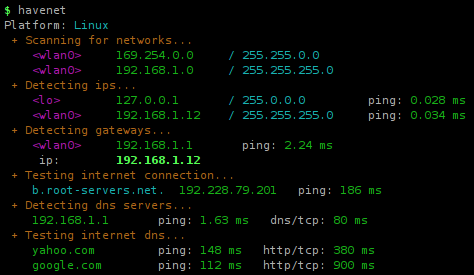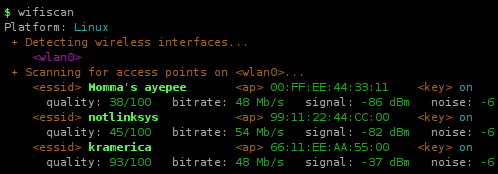Last week Starbucks opened a branch here in Utrecht, which didn't go unnoticed. I'm not one of those people who are completely nuts about coffee, but I am quite fond of it. :lick: I went by Central Station, but the line was much too long. I like coffee, but I'm not going to stand in line like it's Michael Jackson tickets.
Meanwhile, Greg debunks the idea that chains actually have a consistent product and asks why would people flock to Starbucks when they could be having better coffee at a local outlet? The obvious answer is: preconception. Much could probably be attributed to MacDonalds, who have forever maintained that they serve you the same food no matter where you are. Starbucks doesn't really have to do anything to push that idea, it's already been implanted.
But the deeper reason is that this country doesn't really have a coffee culture. Yet. When I moved here I was pleased to find out that koffie is part of the fabric of this society. It isn't a "new" thing like it is in, say, Poland, where tea has always been the dominant beverage. But the Dutch koffie predates the cawfee of today. In countries like Poland and Norway, without a strong existing coffee culture, the yuppie caffè latte gimmick has been a big hit in recent years. (Although in Norway, to "our" credit, most of the coffee places are local entrepreneurs, not foreign chains, and provide considerably better ambiance than sitting in a Starbucks.) Not so here. With an existing "coffee infrastructure", Holland has not been quite the fertile ground, and the coffee revolution that has placed a coffee place on every corner hasn't happened. Coffee is still, by and large, the traditional sit down experience, and an unremarkable, humble one at that.
You won't find a lot of cafés that serve a caffè latte, or even a solid espresso. Around these parts coffee is still, much of the time, "just coffee". Not the fast food inspired, to-go in a paper cup with a selection of 30 different drinks.

 August 16th, 2009
August 16th, 2009





